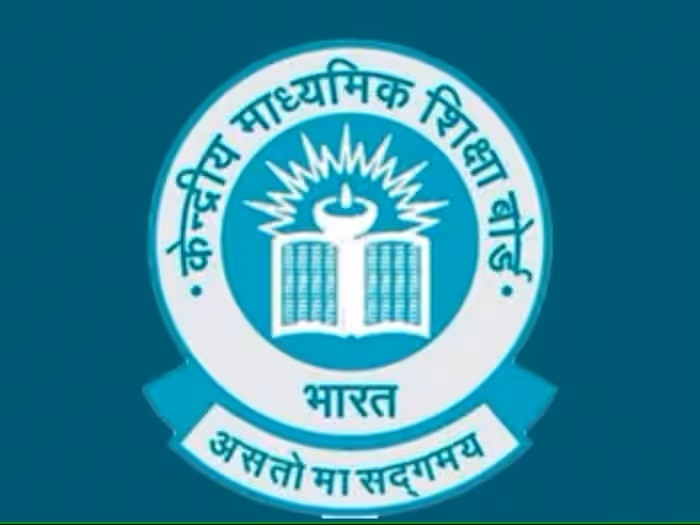NCERT will release a new syllabus and textbooks for Classes 3 and 6 while there will be no change in the curriculum and textbooks for other grades for the academic year 2024-25 commencing from April 1.
New Delhi: The National Council of Educational Research and Training (NCERT) will release a new syllabus and textbooks for Classes 3 and 6 while there will be no change in the curriculum and textbooks for other grades for the academic year 2024-25 commencing from April 1, according to CBSE officials. The NCERT has informed the Central Board of Secondary Education (CBSE) that the new syllabi and textbooks for classes 3 and 6 are currently under development and will be released soon, the board said in a communication sent to affiliated schools. The schools can follow these new textbooks and syllabi from the academic year 2024-25. “Consequently, schools are advised to follow these new syllabi and textbooks for classes 3 and 6 in place of textbooks published by NCERT till the year 2023,” said Joseph Emmanuel, Director (Academics), CBSE, news agency PTI reported.
Bridge course for class 6, and concise guidelines for class 3 are being developed by the NCERT; capacity-building programs for school heads and teachers
“Additionally, a bridge course for class 6, and concise guidelines for class 3 are being developed by the NCERT for facilitating a seamless transition for students to new pedagogical practices and areas of study aligned with the new curriculum framework, 2023. These resources will be disseminated to all the schools online once they are received from the NCERT. “The Board will also organize capacity-building programs for school heads and teachers to orient them with the new teaching learning perspectives as envisioned in NEP-2020 (New Education Policy),” he further said in the letter.
National Curriculum Framework (NCF)
Last year, the Ministry of Education notified changes in the National Curriculum Framework (NCF) after an 18-year gap, marking the fifth revision since its inception. Previous revisions occurred in 1975, 1988, 2000, and 2005. As a part of the implementation of the National Education Policy (NEP) 2020, the council is in the process of preparing new school textbooks in line with the new National Curriculum Framework for School Education (NCF-SE) 2023.
No change in the Curriculum and textbooks for other classes for the academic year 2024-25 commencing from April 1, 2024
“The CBSE provides the annual curriculum for classes 9 to 12 containing academic content, syllabus for examinations with learning outcomes, pedagogical practices, and assessment guidelines. It is imperative for schools to ensure adherence to the curriculum directives outlined in the initial pages of the curriculum document. “There will be no change in the Curriculum and textbooks for other classes for the academic year 2024-25 commencing from April 1, 2024,” he added. Furthermore, the board has advised the schools to follow the NCF-SE recommendations and incorporate methodologies such as Multilingualism, Art-Integrated Education, Experiential Learning, and Pedagogical Plans, wherever feasible.
“Schools are advised to align their practices with the recommendations delineated in NCF-SE-2023. This includes adherence to guidelines concerning content, pedagogical strategies, assessment methodologies, and other pertinent areas as communicated by the Board from time to time,” the CBSE further said in the letter.
In 2022, the NCF for the foundational stage (FS) was launched by the Ministry of Education, and according to the curriculum framework, the NCERT developed and collected the learning-teaching material (LTM). The Ministry of Education has introduced “Jaadui Pitara,” comprising toys, puzzles, puppetry items, posters, flashcards, worksheets, and captivating storybooks, aimed at enhancing learning experiences during the foundational stage. In 2022, the NCERT had rationalised the syllabi of classes 6 to 12 to “reduce the content load” on students in light of the deadly COVID-19 pandemic.
Mughal courts, 2002 Gujarat riots, the cold war, references of Mughal emperors, and Emergency and periodic table chapters Removed: NCERT Book Row
Among the changes, reflected in new textbooks published last year, the council had removed chapters on Mughal courts, 2002 Gujarat riots, the cold war, references of Mughal emperors, and Emergency and periodic table. While the council maintained there was no selective omission of topics, the rationalisation exercise had created a political controversy with leaders from opposition parties alleging the ruling dispensation was “erasing history”.
(With PTI Inputs)

